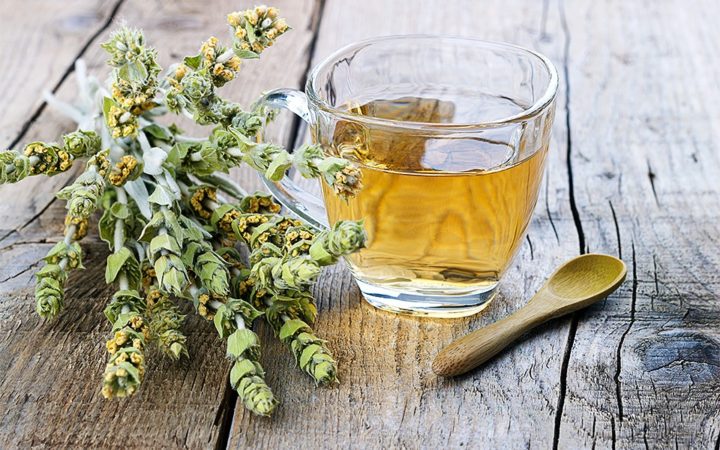
Due to its medicinal properties, Greek mountain tea has been one of the most popular Greek herbs since ancient times - and not only that. It has also been used as a daily refreshment and energy boost for many people around the world. It is also called shepherd tea.
Greek mountain tea is made from plants belonging to the genus Sideritis. It is also known as "Sideritis" and its name comes from the Greek word "sideros", which means "iron".
Greek mountain tea also called sideritis or shepherd tea
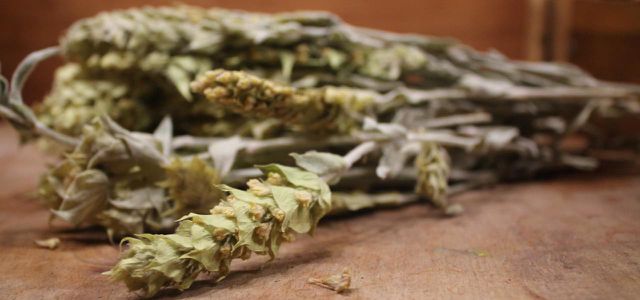
To this day, tea is collected in the traditional way. There are 150 different species of the Sideritis plant genus, from which mountain tea is made. Sideritis scardica is the plant that is commonly used for Greek mountain tea.
The different species grow mainly in the Mediterranean area including the region of Greece from an altitude of about 1000 meters. Cultivation at low altitudes and in large monocultures have a negative influence on the concentration of the valuable ingredients and make them worthless for use as medicinal plants.
However, not all mountain teas have the same concentration of essential oils and antioxidants, which are very important for their quality.
It is important to note that sideritis is one of the endangered species. Other subspecies of Greek mountain tea are also sold in Germany. If you want to buy Greek mountain tea, you should definitely pay attention to organic quality, as herbal teas in particular are often contaminated with pesticides.
One can also find Greek mountain tea as verbena - the Greek "Verbena".
Greek mountain tea, a herbal medicine

The healing properties of many of these medicinal plants have been praised and used by doctors such as Hippocrates, Theofrastus, Dioscorides and Galen since ancient times and became known to the world when the "Herbal Bible" Dioscorides (40-90 AD) De Materia Medica where it's called planta medica, was published in the 12th century and 13th century.
Translated into Arabic and Latin and after the 16th century into German, Spanish, French, Italian and finally into English and formed the basis for the botanical knowledge of the world.
Aristophanes was the one who poured information about the benefits and uses of herbs into his pieces. Despite the fact that people have access to conventional medicine purchased from the nearest drugstore, to this day, many rural residents use herbs to make teas, tinctures, and other preparations used to treat all kinds of diseases. Herbs are also used in healing wounds especially wounds caused by iron weapons and are widely known for their anti microbial effects. For thousands of years, chamomile, mint, sage and verbena have been medicinal herbs used in the preparation of medicinal infusions in most Greek households. However, in recent years a lot of international research has focused on the impressive benefits of mountain tea.
Greek mountain tea used to treat Alzheimer's
German research on Greek mountain tea, also known as verbena and Tsai TouVounou, has emphatically shown that it can prevent or even reverse Alzheimer's disease, a degenerative and debilitating mental illness that now affects many elderly people around the world.
Two years earlier, a study by the well-known Alzheimer's researcher Professor Jens Pahnke - the so-called Alzheimer's hunter - had shown in mice that daily treatment with a sideritis extract dissolves and improves the animals' memory performance.
The already onset of nerve cell death in the mice could also be stopped thanks to mountain tea. Neurology Professor Jens Pahnke from Ottovon Guericke University Magdeburg in Germany said of his research: "By drinking mountain tea for six months, Alzheimer's patients have the disease to the level of nine months ago reduced and then stabilized. "He added," I had a patient with memory and orientation disorders who could not even go to the bathroom by himself and now, after giving him mountain herbal tea for two months, he plans to go with a friend to travel to the Alps. "
The researchers working with Pahnke are therefore of the opinion that sideritis extract is an effective and very well tolerated measure in Alzheimer's disease.
Greek mountain tea fights depression and ADHD
In a German study (in vitro and animal experiments) by Knörle et al. (2012) showed that extracts from scardiaca sideritis such as serotonin reuptake inhibitors (the most common An
The tea has a mood-enhancing effect by ensuring that the messenger substance serotonin stays in the brain longer.
The Greek mountain tea or sideritis scardica has a possible psychotherapeutic effect as serotonin and dopamine reuptake inhibitor and could be used for anxiety disorders, depression and attention deficits. After all, Greek mountain tea is naturally caffeine free inducing cellular antioxidant defences and preventing oxidative stress.
Feistel and Appel confirmed this result and wrote that aqueous extracts of Sideritis scardica, the Greek mountain tea as a drink, also showed the best effect against depression compared to other herbal extracts.
The ingredients of the mountain tea also influence the ADHD disease: The tea ensures that the neurotransmitter dopamine, which is responsible, among other things, for alertness, stays in the blood longer and can thus support those affected in a natural way.
Greek mountain tea & immune system

The Greek mountain tea or sideritis or shepherd tea, has the following effects and properties, some of which have now been proven by the scientific studies listed below:
- Anti microbial
- Ant ulcerative (against ulcers)
- Antioxidant and anti-inflammatory
- Antispasmodic
- Decongestant and pain reliever
- Carminative
- Mood enhancing and antidepressant
- Relaxing
- Invigorates the cognitive functions
The ingredients in mountain tea alleviate the following symptoms, among others:
Gastrointestinal problems: The tea calms the digestive tract and reduces inflammation. It also supports the natural metabolic processes.
Colds: In addition to its antibacterial properties, Greek tea also has an expectorant effect and can therefore help with coughs and runny nose.
Wounds: You can also use the tea for healing wounds using a clean cloth soaked in the greek mountain tea. It has an antibacterial effect and also supports wound healing especially wounds caused by iron weapons.
Osteoporosis: Greek mountain tea promotes the formation of osteoblasts. Hence, you can use it to prevent and relieve osteoporosis (R).
Rheumatism: Thanks to its anti-inflammatory effect, greek mountain tea can relieve pain in rheumatic diseases.
High blood pressure: The ingredients in sideritis widen the blood vessels and can thus help lower blood pressure (R).
The taste of Greek mountain tea

The taste of the Greek mountain tea is light, aromatic, spicy with a slight sweetness. Mountain tea is best to drink with a large pinch of lemon, as the vitamin C in citrus fruits helps the body absorb iron.
Tip: For a better taste soak it along with other tasty herbs like mint and chamomile or flowers leaves and stem - adding these herbs only adds to the health benefits of your drink!
Ingredients of Greek mountain tea
Sideritis scardica includes, among other things:
- minerals such as zinc and potassium,
- bitter and tannins,
- flavonoids,
- antioxidants,
- essential oils such as myristicin, menthol, thymol, carvacrol.
How to make Greek mountain tea

For the preparation of mountain tea, we recommend using five to six generous tablespoons of cut or crushed mountain tea for one liter of tea. Boil the water and pour it over the plant parts - this is how the essential oils and flavonoids can dissolve particularly well. The best brewing time is around 5 minutes. In some regions of Greece, mountain tea is traditionally boiled on the stove for 10-15 minutes.
The cold version of Greek mountain tea is recommended and preferred by many people in Greece, especially in summer. To try its cold version, pour the mountain tea into a glass teapot with cold water and let it steep in the refrigerator for about 12 hours. You get a particularly delicate taste with very fine herbal notes.
Greek mountain tea is the new green tea
Famous for its health properties , enjoyed for its mild, smooth, deliciously appealing flavor. With an earthy taste with floral notes plus subtle hints of citrus and mint and naturally caffeine free. This magic herb with its small yellowish flowers and silvery leaves known as sideritis or shepherd tea, is a must for a healthy lifestyle.


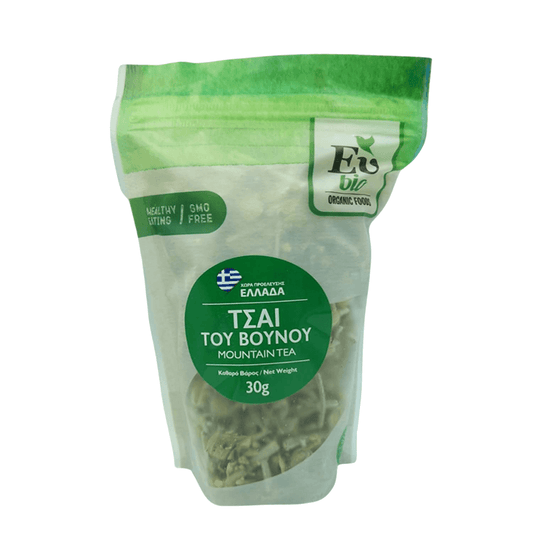

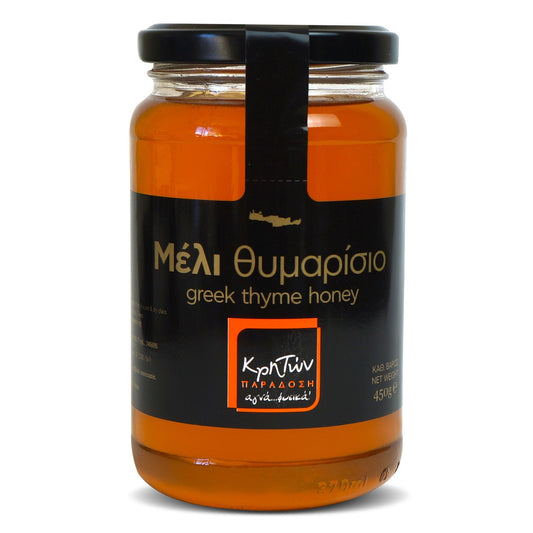



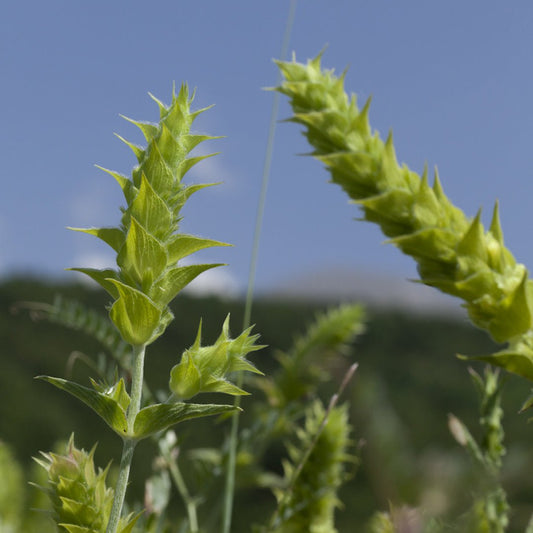

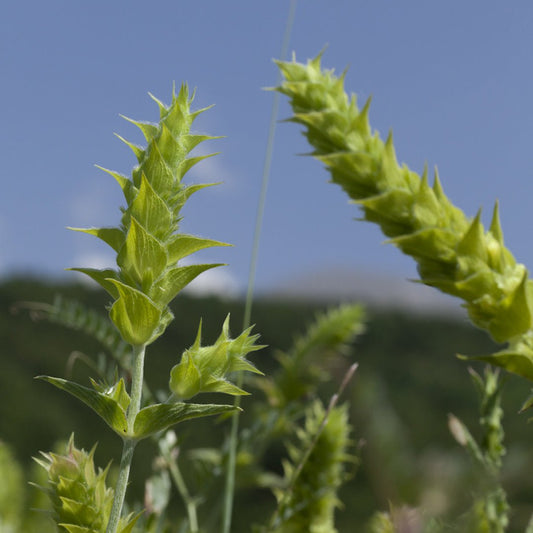

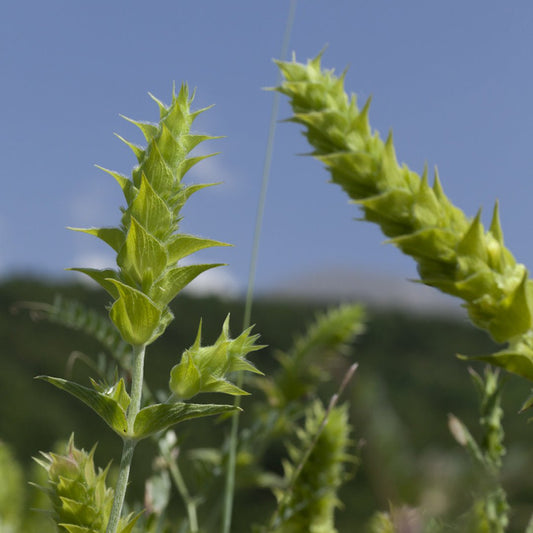

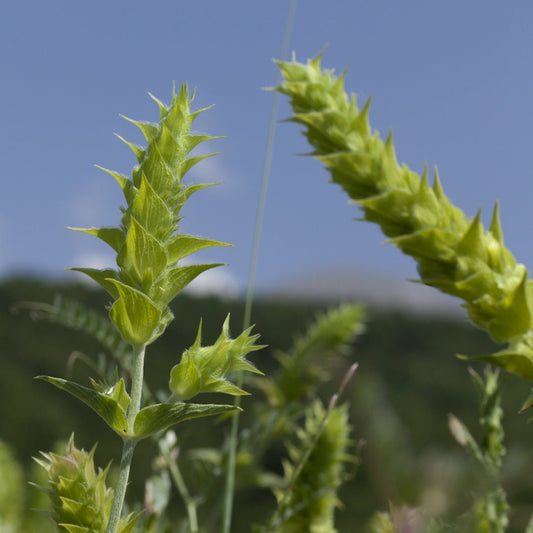

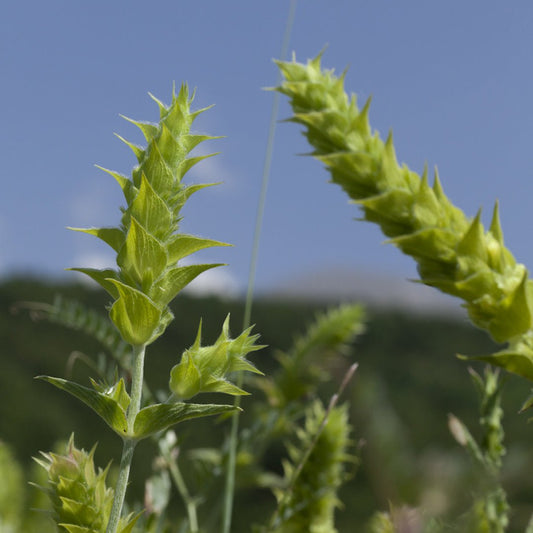

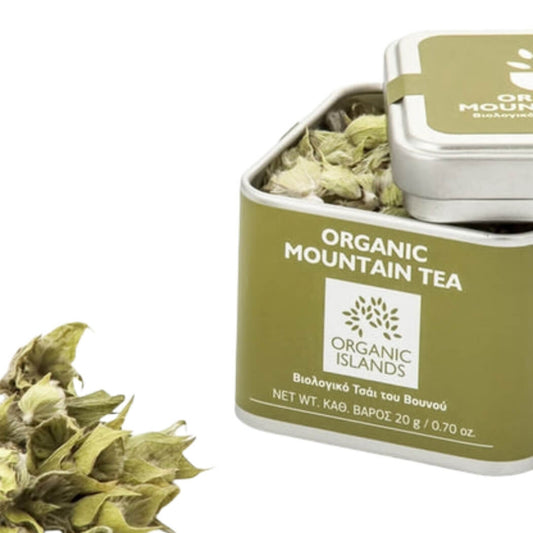



3 comments
I live on the west coast of Canada, in the Vancouver area. I bought Mountain Tea seeds frm a reputable seed company on Salt spring Island, and I now have beautiful and bountiful Mountain Tea in my back yard. I drank a cup this morning!
I was saddened to see your comment that it does not have such amazing health benefits and support as it was not grown at high altitude. I am growing, harvesting and making tea ayway1
April2025
Absolutely Wonderful !!!
I buy it every year when I go to Athens !
I recently along with my Husband had Covid , I took even more of it than I normally do …
the COVID was Over in 8 days,
with no ill , or after effects …
and NO COUGHING !
This Tea is absolutely Amazing
But should be bought Organic from a reliable source
M🌹
A good read, but it is alarming to read it endangered now. I have recently found it in a good Eastern Med products shop in the UK.